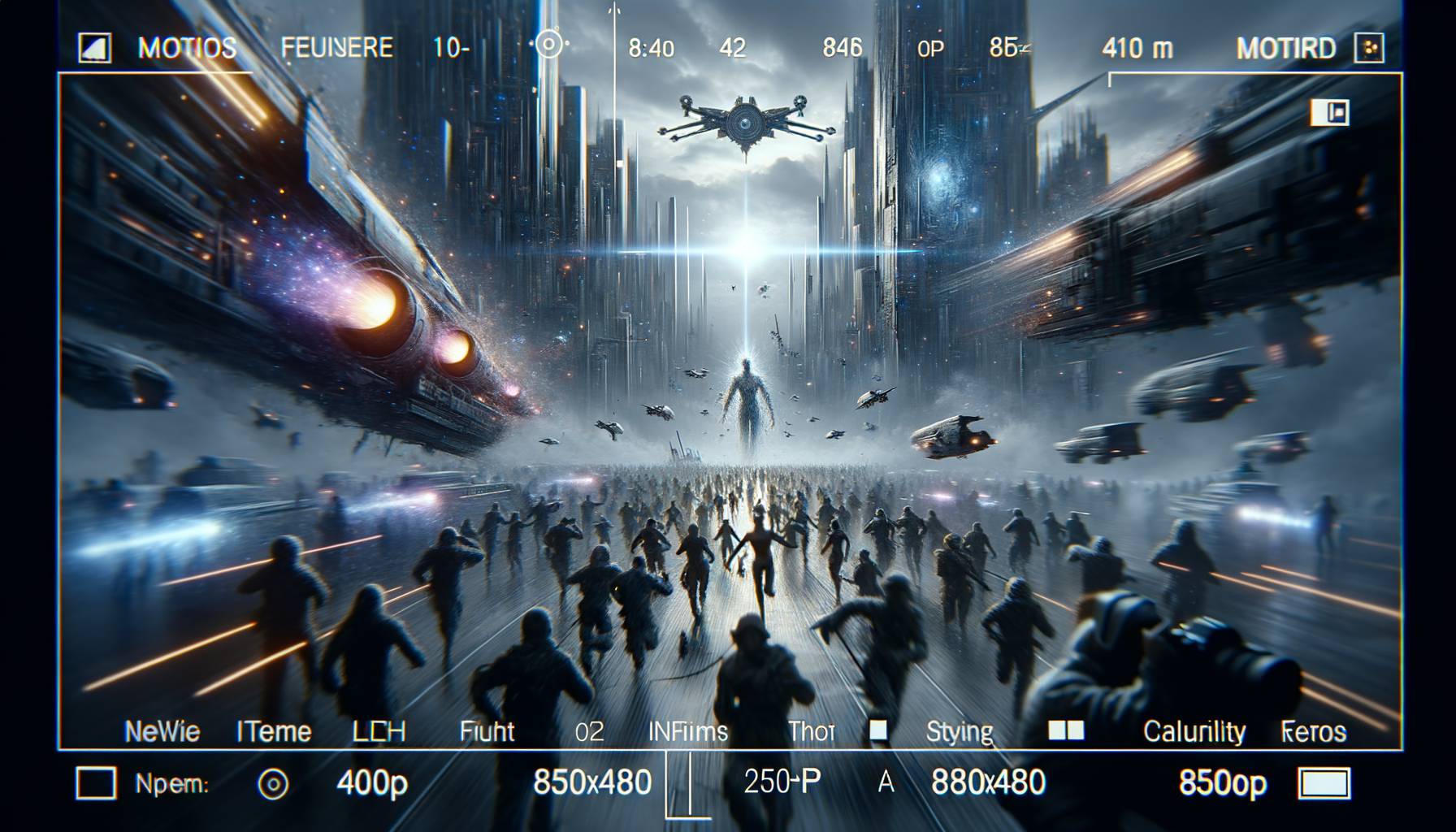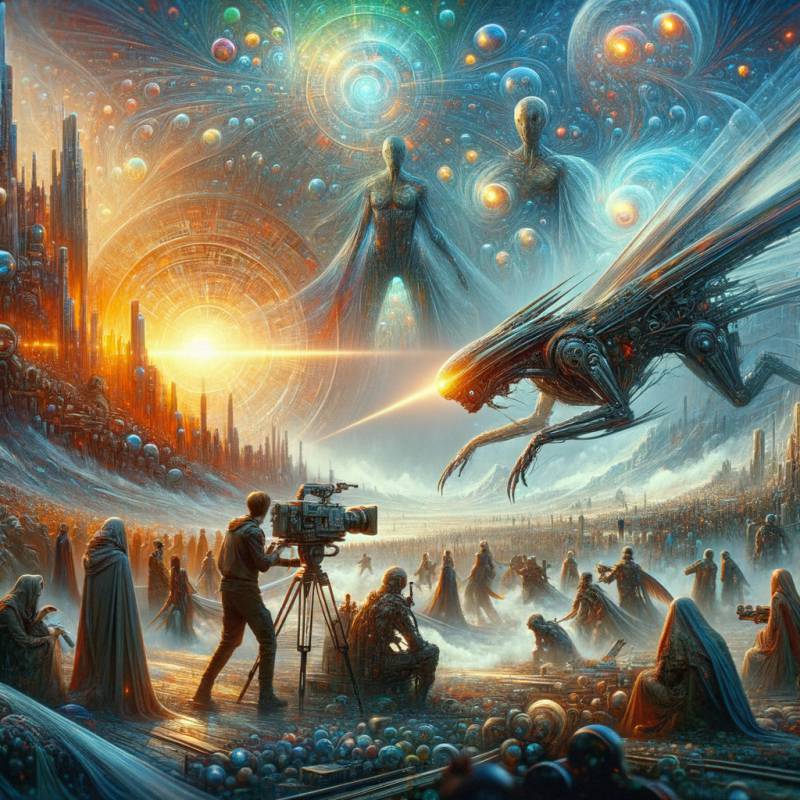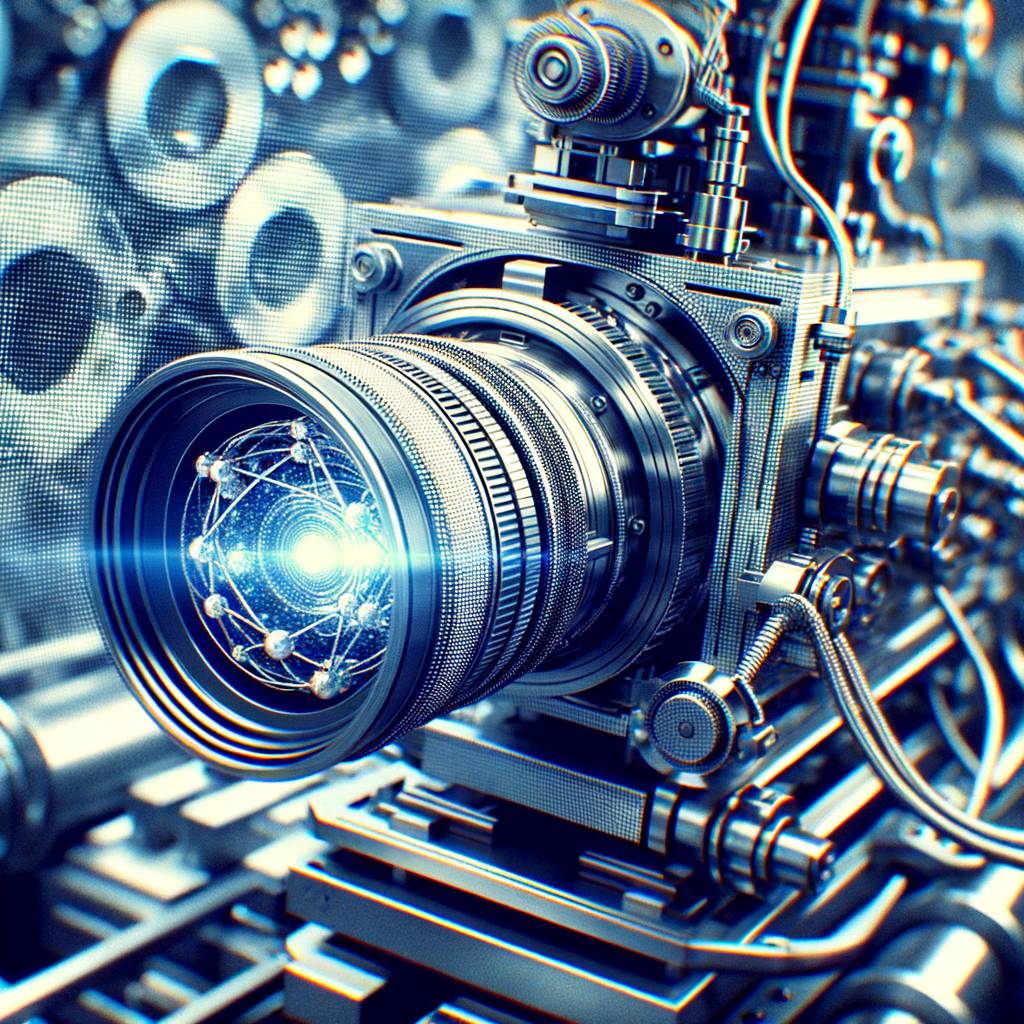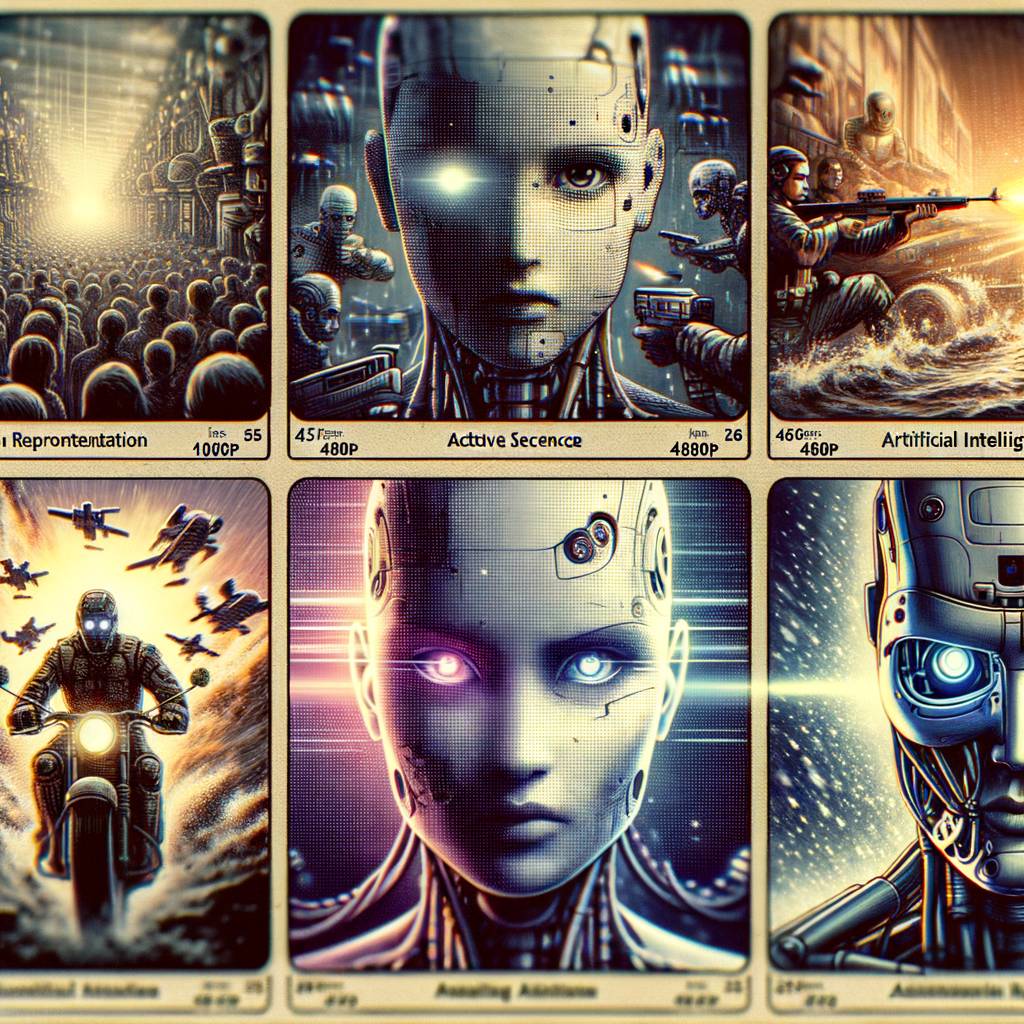The Role of Science Fiction in Predicting the Future

Science fiction has long been a genre that pushes the boundaries of imagination, exploring the realms of the possible and the impossible. From the dystopian worlds of George Orwell’s 1984 to the advanced technology in Star Trek, science fiction has often been eerily accurate in predicting the future. This article delves into how accurately sci-fi movies have predicted technological and social changes.
Science Fiction and Technological Predictions
One of the most striking aspects of science fiction is its ability to foresee technological advancements. For instance, the concept of video calling was first introduced in the 1927 film Metropolis. Fast forward to the 21st century, and video calling is a staple of our everyday lives, thanks to platforms like Skype and Zoom.
Similarly, the concept of artificial intelligence (AI) and robots was a recurring theme in many sci-fi works long before it became a reality. Isaac Asimov’s I, Robot series, written in the 1950s, explored the idea of robots with human-like intelligence. Today, AI is a burgeoning field, with advancements in machine learning and robotics shaping our future.
Science Fiction and Social Changes
Science fiction doesn’t just predict technological advancements; it also reflects and sometimes predicts social changes. The genre often uses speculative scenarios to comment on current societal issues, offering a glimpse into potential future outcomes.
For example, Star Trek was groundbreaking in its portrayal of a diverse and inclusive future. The show featured television’s first interracial kiss and had a multicultural cast, reflecting the social changes of the time and predicting a more inclusive future.
Similarly, Margaret Atwood’s The Handmaid’s Tale is a chilling prediction of a future where women’s rights are severely restricted. While the book was written in 1985, it has seen a resurgence in popularity in recent years, reflecting ongoing concerns about women’s rights and reproductive freedom.
Accuracy of Predictions
While science fiction has been successful in predicting certain aspects of the future, it’s important to note that these predictions are not always accurate. As author William Gibson famously said, “The future is already here – it’s just not evenly distributed.”1 This quote highlights that while some predictions may come true in certain parts of the world, they may not be a reality for everyone.
Furthermore, science fiction is often a reflection of the time in which it was created. Therefore, it may predict future trends based on current societal norms and technological advancements, which can change rapidly.
Conclusion
Science fiction plays a crucial role in predicting the future, offering insights into potential technological and social changes. While not all predictions come to fruition, the genre provides a valuable lens through which we can explore possible futures and navigate the challenges of the present. As we continue to grapple with rapid technological advancements and societal changes, science fiction will undoubtedly continue to serve as a guide, helping us to envision and shape our future.
1 William Gibson, The Economist, December 4, 2003.



